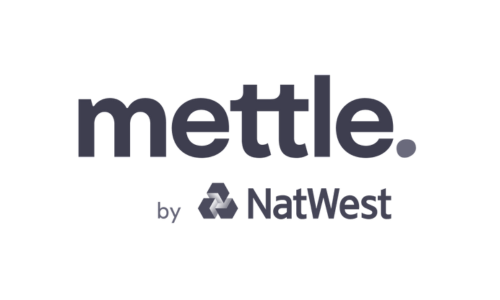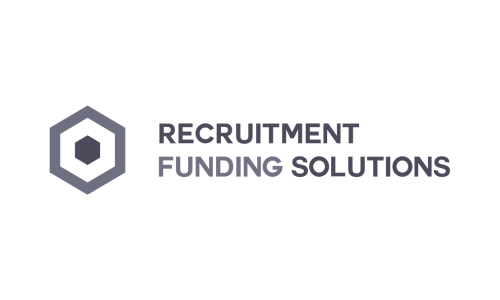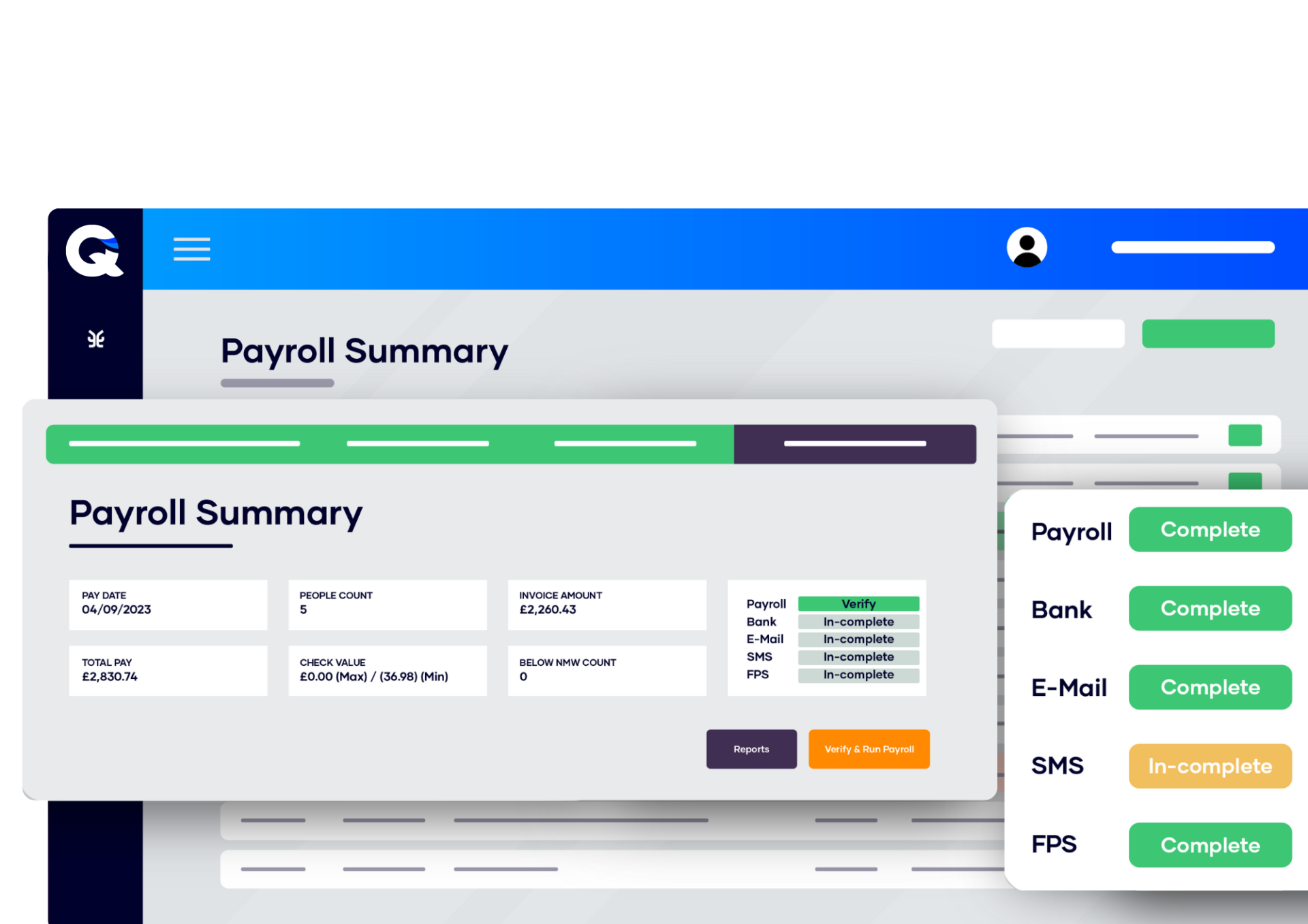It’s clear that HMRC has found renewed energy in its pursuit of non-compliance, and it’s now taking visible, public action to recover funds and hold offenders accountable.
Over the past two years, HMRC has actively named and shamed non-compliant umbrella providers who fail to meet legislative requirements. While this transparency is welcome, and some ‘infamous’ names have made the list, many of these providers continue to operate, often unbeknownst to the recruitment agencies still engaging them. Despite existing legislation under ITEPA and various HMRC Spotlights that warn of upstream liability, these measures are not always enough to deter agencies from prioritising higher take-home pay over compliance risk.
More recently, HMRC has stepped up the use of winding-up petitions, targeting umbrella companies of all sizes. As we explained in a previous article, the process leading to a winding-up petition is publicly visible, and freely searchable. See live cases here.
In addition, HMRC now publishes a list of deliberate tax defaulters, naming both individuals and businesses with outstanding liabilities.
Ahead of the April 2026 changes, which will require recruitment agencies to prove that correct PAYE has been deducted and paid, HM Treasury and HMRC have signalled a clear direction: joint and several liability. This means agencies will share responsibility for unpaid taxes with their chosen umbrella providers. You can read our full analysis of this development here.
Importantly, the tax defaulter list is not limited to umbrella companies, but the message is clear: HMRC will not hesitate to name and shame, even for relatively small amounts. In fact, some listed payroll firms owe hundreds of thousands of pounds. And with plans to introduce a ‘no statutory excuse’ clause into new legislation, there will be no protection for recruitment agencies if their chosen payroll provider defaults.
What does this mean for recruitment agencies?
With the proposed Employment Rights Bill on the horizon, it’s unlikely that recruitment agencies will pivot to employing contingent workers directly, doing so would increase both cost and liability. In reality, demand for outsourced employment services (i.e. umbrella providers) is likely to increase as agencies continue to face margin pressure from end clients.
However, relying on third-party compliance accreditations is no longer enough. Bodies such as FCSA, Professional Passport, and more recently SafeRec, play a critical role, but they do not monitor financial risk. And, as seen in past collapses, it is often the financial mismanagement that leads to defaults on PAYE.
For those familiar with The Big Short, this may feel worryingly like a bubble.
What recruitment agencies should be doing now:
- Only work with FCSA-accredited providers – the strongest compliance standard in the market
- Use SafeRec – the most robust real-time PAYE validation software available
- Monitor financial health – use tools like CreditSafe. A score of 71–100 indicates ‘very low risk’
Recruitment agencies are in a unique position to choose which umbrella companies pay their workers. Ahead of the 2026 changes, now is the time to review your current suppliers. Ensure your partners prioritise compliance and have the financial stability to meet their PAYE obligations. Defaults can occur for many reasons, but under new legislation, there will be no statutory excuse, and the financial consequences could be severe.
Speak to our team to understand how to assess umbrella company financial health, interpret credit scores, and prepare for the incoming reforms under the Employment Rights Bill and joint and several liability.






